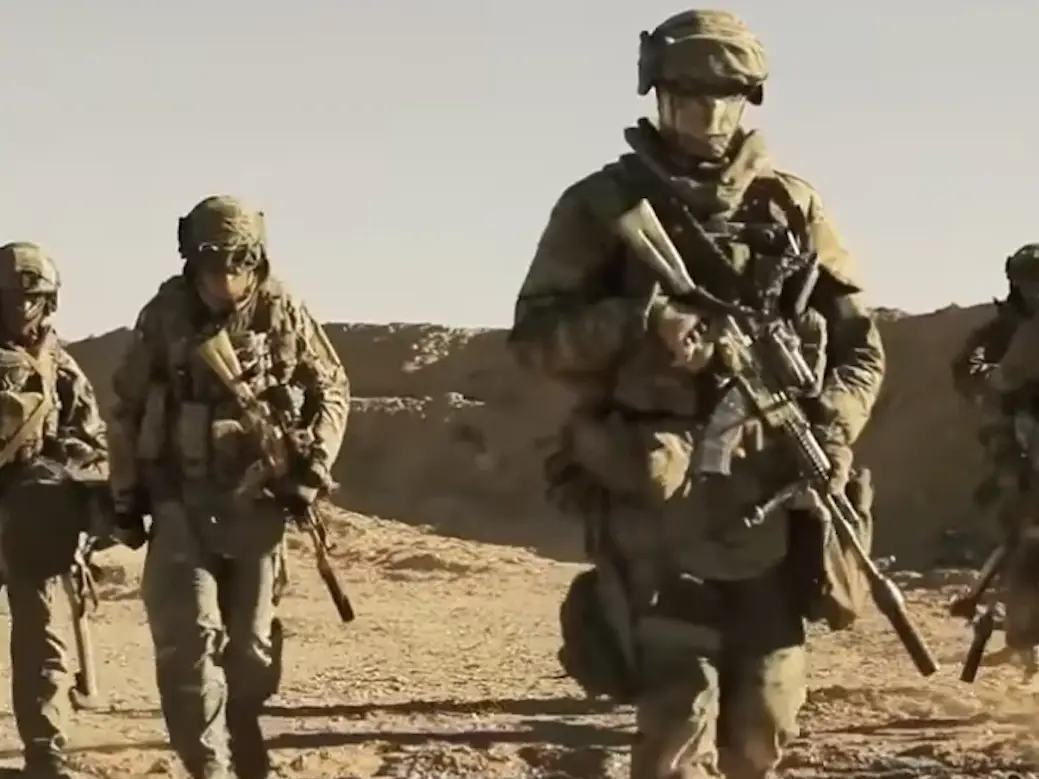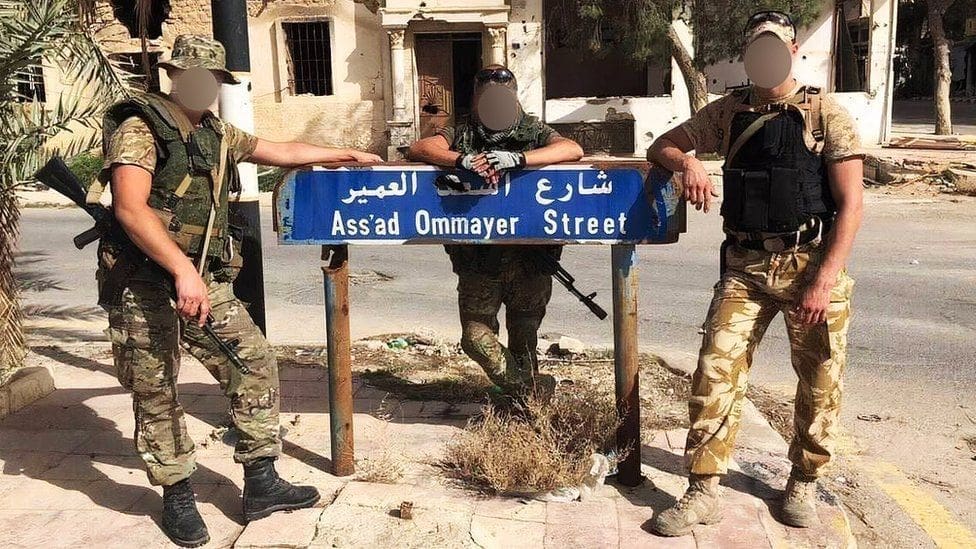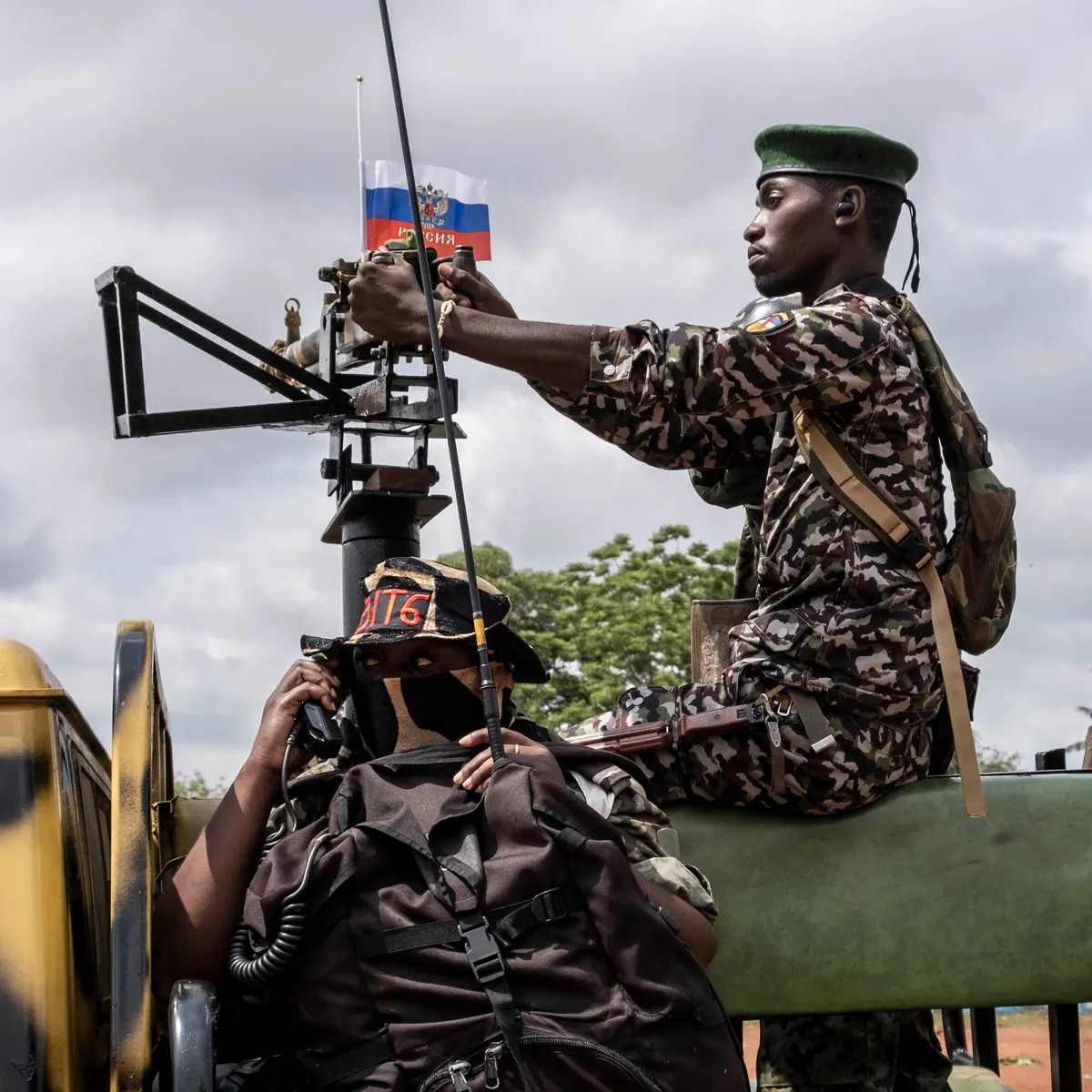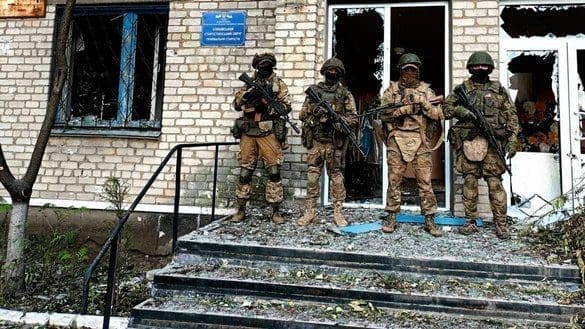The Wagner Group is a Russian private military company (PMC) that has recently gained increased attention in the international news for its activities in various conflict zones. This article will provide an overview of the group, its origins, and its role in different conflicts.

Origins and Structure of the Wagner Group

The Wagner Group was founded in 2014 by Dmitry Utkin, a retired lieutenant colonel of the Russian military intelligence service (GRU). The group is believed to have close ties with the Russian government, although Moscow officially denies any connection to the organization. The company’s structure is largely secretive, with little public information available on its size or the extent of its operations.
Involvement in Ukraine and Syria

The Wagner Group first came to prominence in 2014 during the conflict in Ukraine, where it allegedly supported pro-Russian separatists in the eastern regions of Donetsk and Luhansk. The group has also been active in Syria since 2015, reportedly assisting the Syrian government in its fight against various rebel and extremist factions.
African Operations and Expanding Influence

In recent years, the Wagner Group has expanded its operations into Africa, where it has been involved in several conflicts. The group has been linked to activities in countries such as Libya, the Central African Republic, and Mozambique, often providing support to local governments in exchange for lucrative contracts and access to natural resources.
Controversy and Allegations of Human Rights Violations

The Wagner Group has faced numerous allegations of human rights violations, including the use of indiscriminate violence against civilians, forced disappearances, and torture. These accusations have led to increased scrutiny from international human rights organizations and governments worldwide, calling for increased transparency and accountability for the group’s actions.
The Wagner Group’s activities and its close ties to the Russian government have raised concerns among Western governments and international observers. As the group continues to expand its reach and influence, it remains to be seen how the international community will respond to the growing presence of private military companies in global conflicts.

